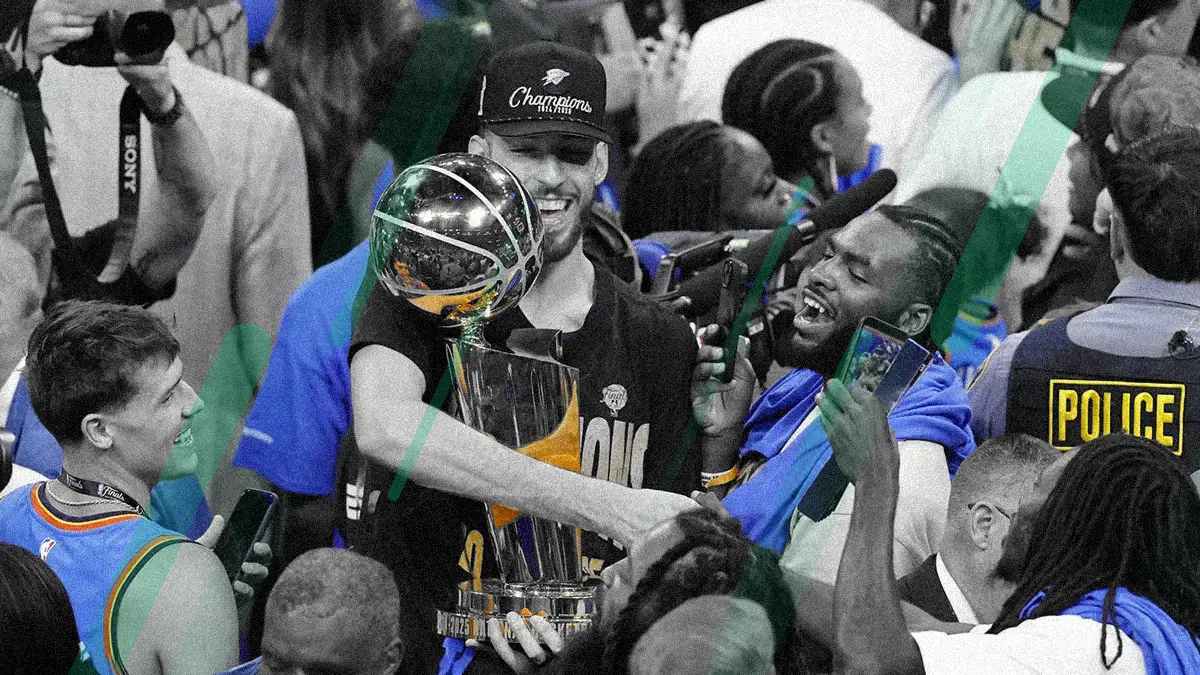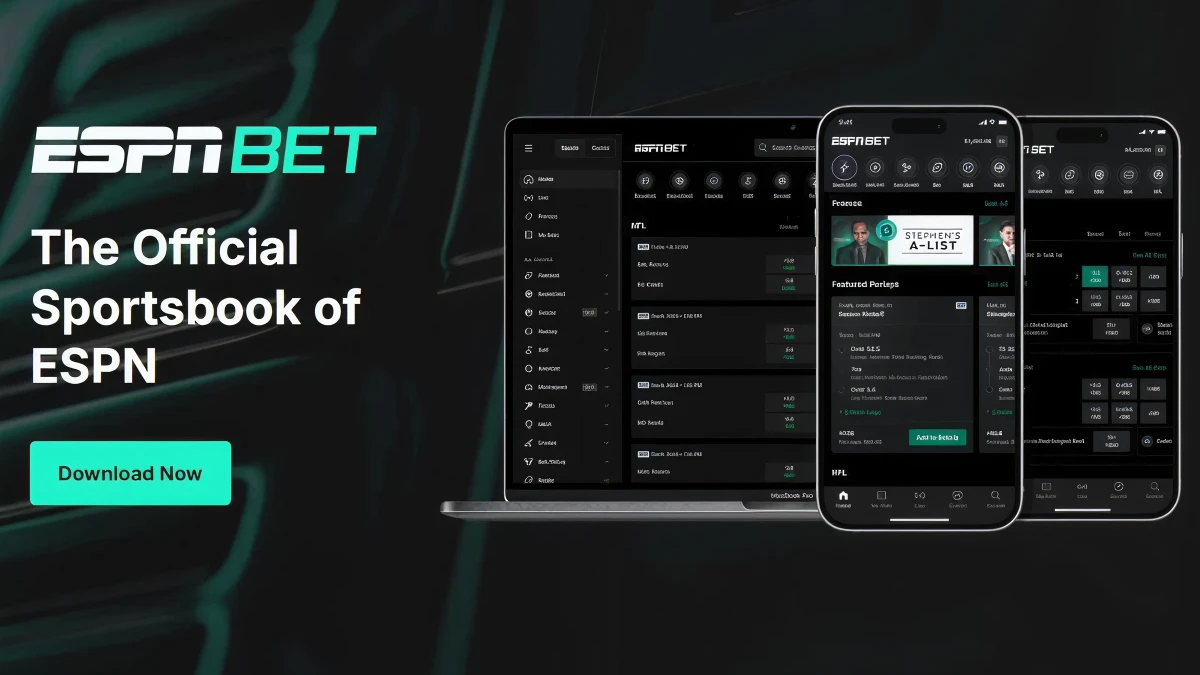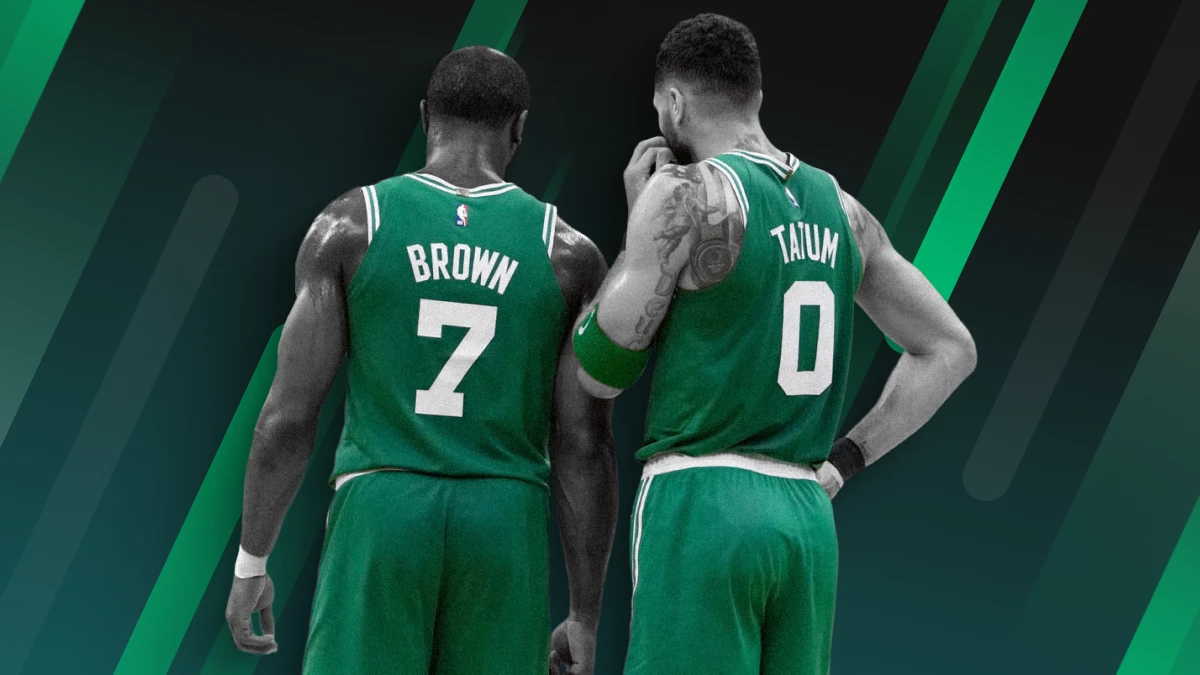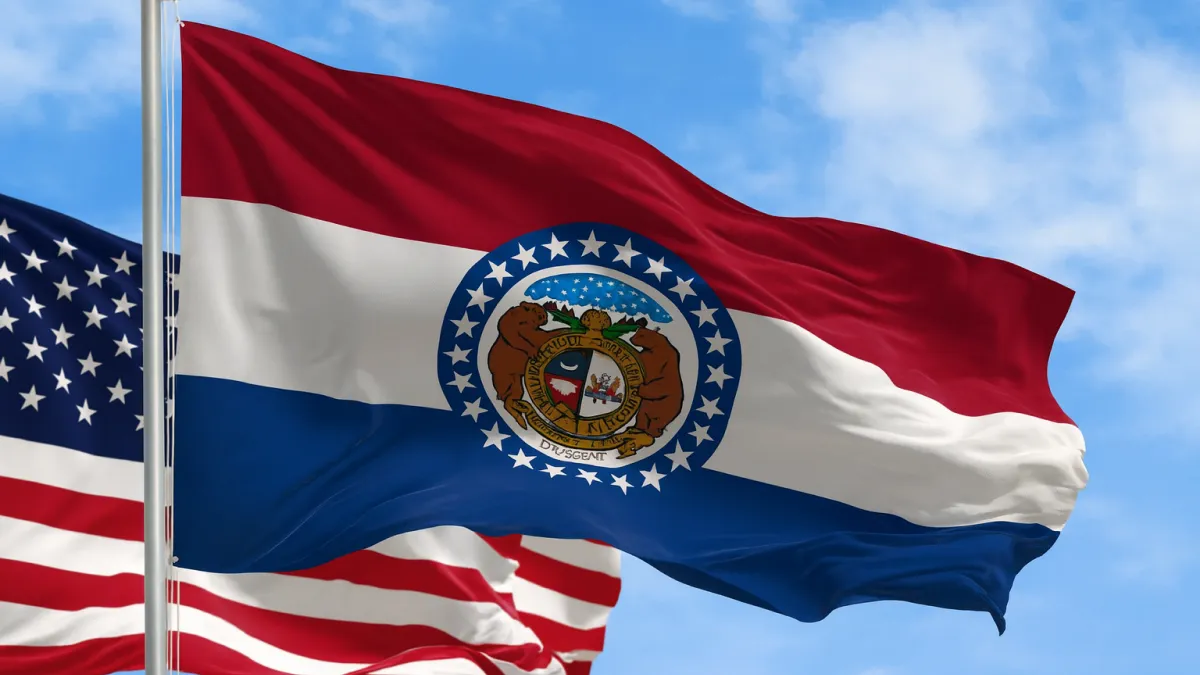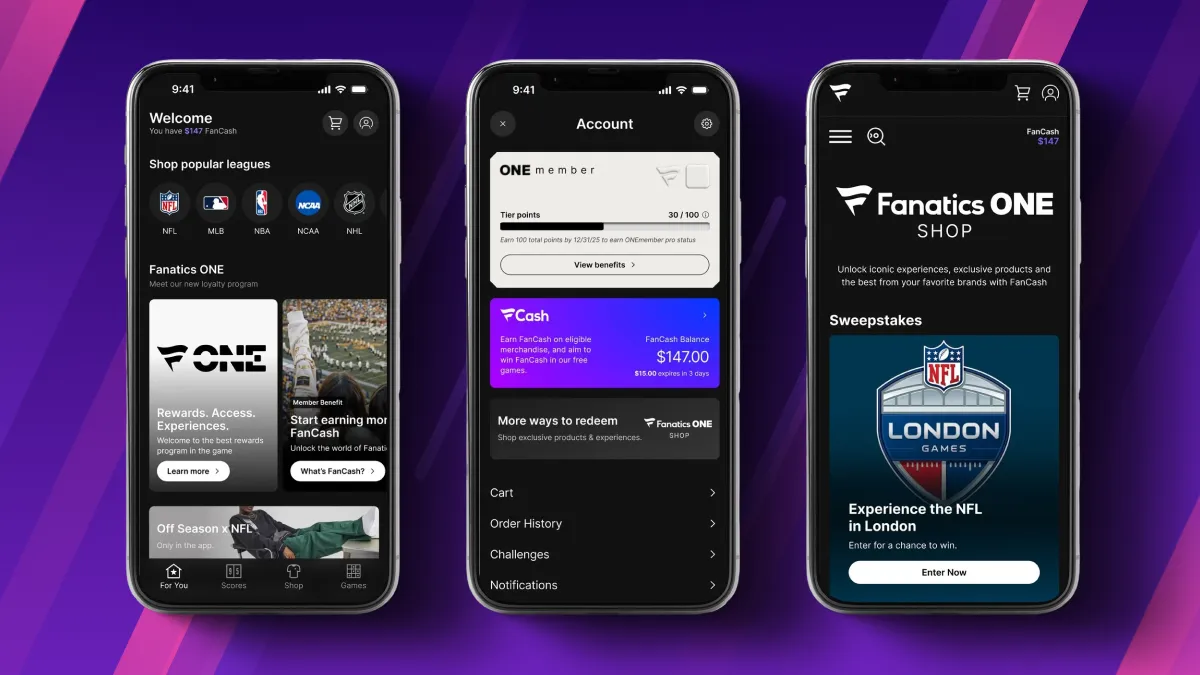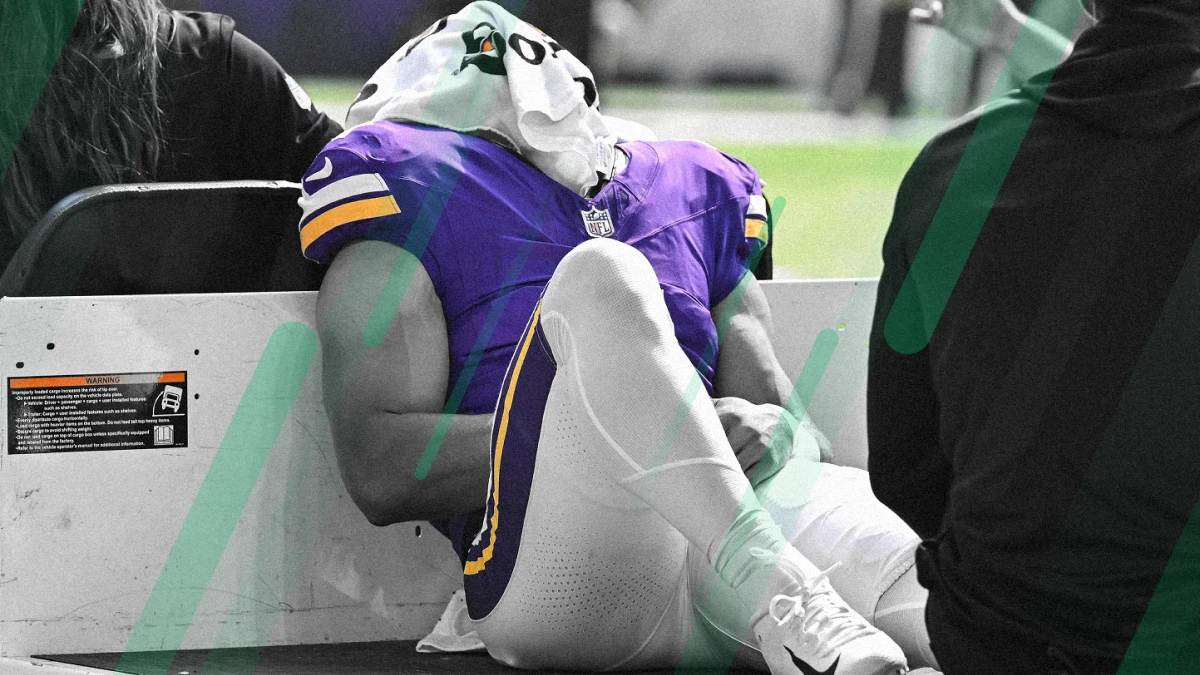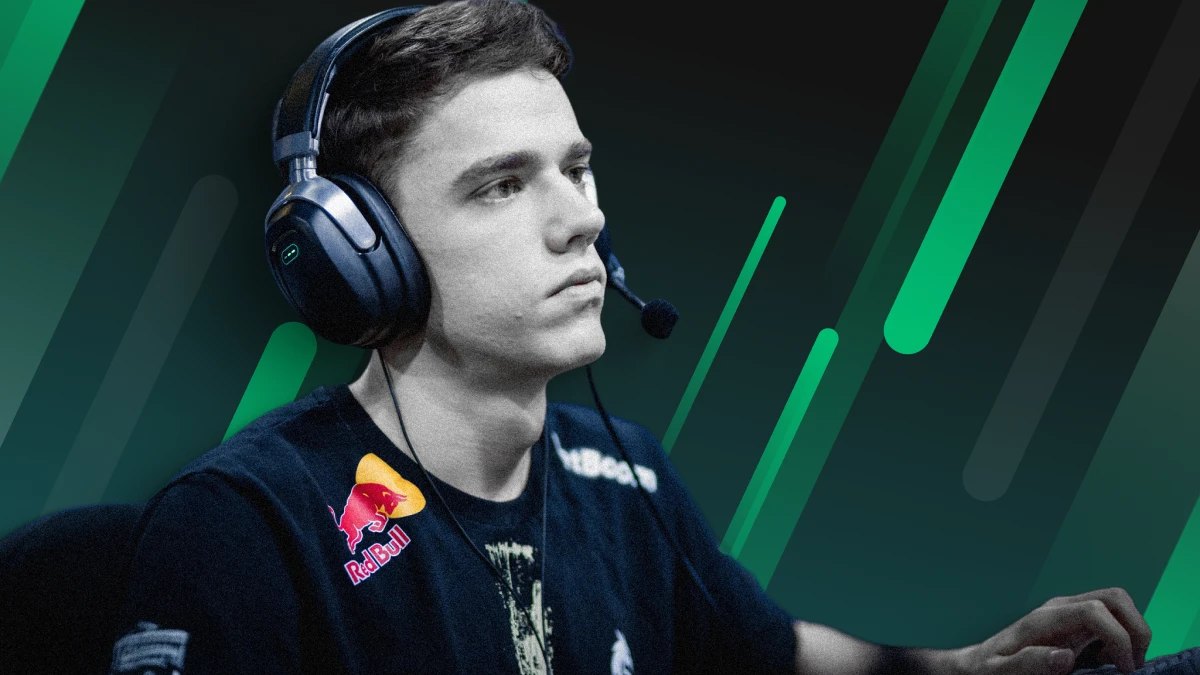Kalshi Pushes Back on Gambling Platform Claims
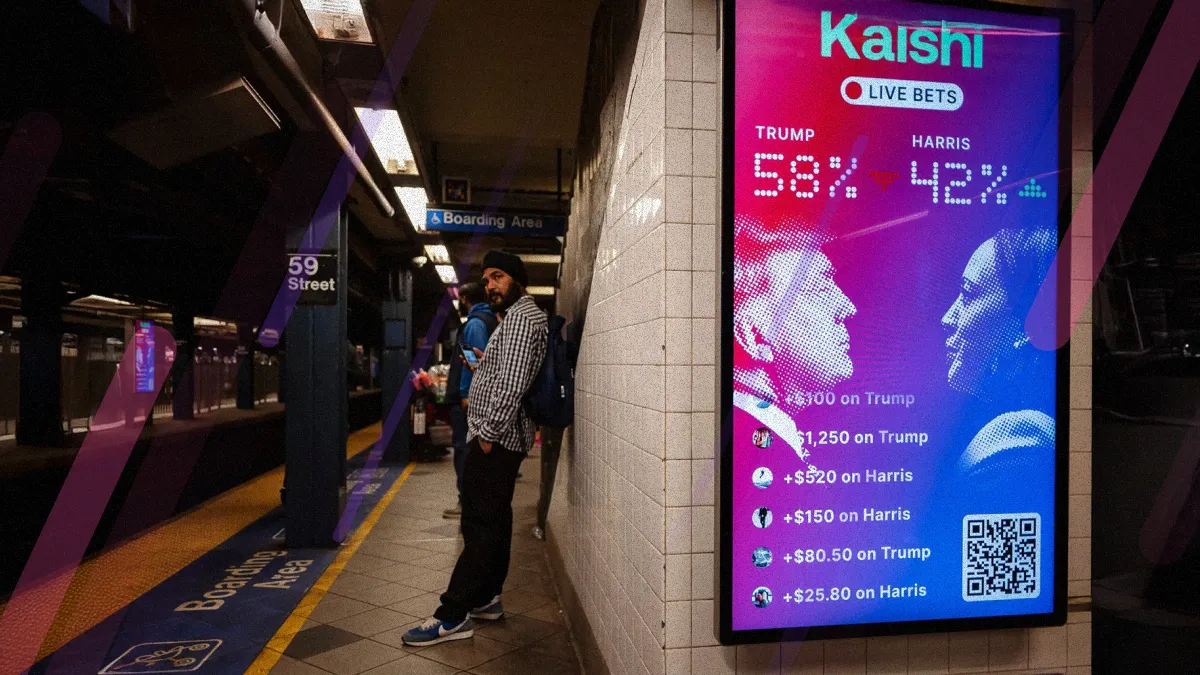
1.0
Default
Kalshi tries to defend its offerings and says that its odds and bets are different from gambling. Even though its marketing lingo includes ‘odds’ and ‘bets,’ it argues that prediction markets are different from sports betting simply because no odds are being set. All this comes on the heels of additional scrutiny from state regulators, other members of the gaming industry, and even tribal entities.
As legal pressure mounts, prediction market Kalshi argues its structure - and not its semantics - separates it from sportsbooks. Kalshi, the fast-growing prediction market platform that lets users trade on outcomes ranging from elections to sports games, is once again at the center of a regulatory debate over whether it operates as a gambling site. Despite marketing language that includes phrases like “bet on NBA legally!” and merchandise emblazoned with “What are the odds,” the company insists it’s not a sportsbook.
At a recent gaming industry conference, Kalshi’s attorney, Josh Sterling of Milbank, emphasized the platform’s peer-to-peer structure, contrasting it with traditional sportsbooks. There are no odds being set, Sterling told attendees, asserting that prediction markets like Kalshi merely reflect user sentiment through buy and sell interest, rather than establishing betting lines.
A semantics tug-of-war
The distinction, Kalshi argues, is crucial. The company claims that even though its contracts display American-style odds and allow users to wager on the outcome of events - including sports - the odds are not fixed or house-determined. Instead, they emerge from market activity. A January 31 post on social media promoted the launch of American odds on Kalshi’s site, reading: “Hello sports lovers, American Odds are live on web.”
Kalshi has also used the word “bet” across its advertising campaigns, including in a Google ad with the phrase “Bet on NBA legally!” Despite this, Sterling and company officials maintain that such phrasing is merely colloquial and aligns with the broader financial vernacular.
“Any promotional materials or company correspondence referencing ‘betting’ in no way indicates that Kalshi is anything but a financial platform,” a Kalshi spokesperson said. “In the same way that you can bet on a stock, derivative or a bond, you can bet on markets on Kalshi.”
Betting or trading? Critics aren’t convinced
Kalshi’s defense rests on its structural differences from sportsbooks. Users can place “limit orders” to set specific prices at which they’re willing to buy or sell a contract tied to an event, offering more control than traditional betting platforms like FanDuel or DraftKings. But critics argue that the presence of institutional players and the nature of sports-related markets make Kalshi indistinguishable from traditional sportsbooks in practice. “It’s ridiculous to claim prediction markets are not sports betting,” said Sporttrade Chief Executive Officer Alex Kane, whose own platform is regulated under state gambling laws.
The question of whether Kalshi constitutes a sportsbook is more than academic - it carries significant regulatory consequences. State gaming commissions argue that Kalshi’s operations overlap with gambling, while Kalshi asserts it should fall under the Commodity Futures Trading Commission as a designated contract market.
So far, the courts have largely sided with Kalshi, affirming CFTC oversight. But several rulings are under appeal, and the case could eventually reach the US Supreme Court. Kalshi Chief Executive Officer Tarek Mansour described the battle as a “brutal, bloody war” for the future of prediction markets.
This is not gambling, Sterling said in a follow-up email. Prediction markets are fundamentally different in purpose and structure from sportsbooks. Kalshi does not win when users lose - that's a key distinction, he added.
Growing influence amid criticism
Kalshi’s user base has ballooned recently, especially after the 2024 US election cycle. The platform has partnered with fintech giants like Robinhood to broaden its reach, which has drawn concern from gambling addiction advocates.
Cole Wogoman of the National Council on Problem Gambling warned that the blurred lines between financial platforms and gambling operations could mislead users. “Let’s look at what’s happening in practice and the problems that are coming from that,” he said.
Kalshi remains defiant. “Semantics do not alter the fact that structurally, Kalshi is a derivative contract maker,” the company said in a statement. Whether courts and regulators agree may ultimately decide the company’s fate - and the future of prediction markets in the US.








_800x800.webp)

